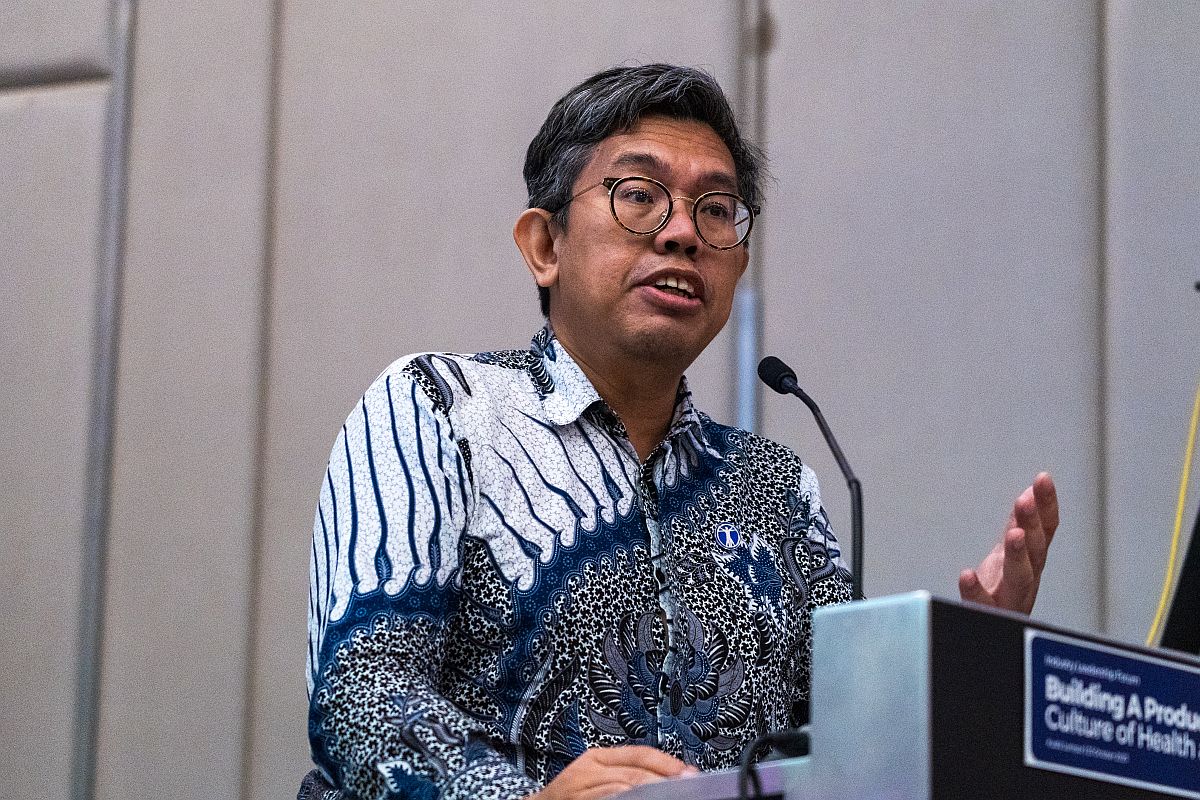KUALA LUMPUR, March 15 — The Federal Court’s landmark ruling on medical negligence is expected to discourage specialist doctors from taking informed risks, said the Galen Centre for Health and Social Policy.
The health think tank – which described the apex court’s verdict as a “seismic event” – said this could subsequently reduce specialised care or experimental therapy options.
“The patient is at the centre of care. Whatever is done should always be done with the interest of patients in mind,” Galen Centre chief executive Azrul Mohd Khalib told CodeBlue.
“However, the reality is that the outcome of cases such as these will likely increase the fear of making calculated and informed risks, may even demoralise or demotivate specialists, and even result in a narrowing of options for patients looking for specialised care or experimental treatments. We will wait and see.”
The Galen Centre’s analysis suggests a far-reaching impact from the Federal Court’s recent ruling in a case that was actually just an emergency case, when the patient experienced complications even before surgery began.
In the landmark case of Siow Ching Yee v Columbia Asia Sdn Bhd, the Federal Court ruled last February 23 that Columbia Asia was liable for medical negligence, rejecting the private hospital operator’s defence that doctors working in its hospital in Selangor were “independent contractors”.
The 4-1 majority ruling by the apex court – citing the Private Healthcare Facilities and Services Act (PHFSA) 1998 (Act 586) – said Columbia Asia assumed a “non-delegable duty of care” to its patient and remained “liable personally” for the negligence of the anaesthetist, Dr Noor Asilah Abdul Rahman, who treated Siow.
The Federal Court awarded about RM4.5 million in damages, including costs, to Siow; the lower courts had held only the anaesthetist liable for negligence, after Siow was left with permanent mental and physical disabilities from extensive brain damage in a 2010 emergency case at Columbia Asia Hospital – Puchong.
Siow’s lawyer Manmohan Singh Dhillon told CodeBlue that the Federal Court ruling meant that both Columbia Asia and Dr Noor Asilah were equally liable for the full RM4.5 million award, but declined to specify which party his client would seek payment from. He said the anaesthetist’s professional indemnity insurance coverage was only RM1 million.
The apex court had dismissed Columbia Asia’s claim for indemnity against the anaesthetist in the event the hospital was found liable.
Azrul argued that Malaysia has “very high” standards in the private health care sector – in private hospitals, general practitioner (GP) clinics, and specialised medicine.
“There’s a reason why countries are pinching our doctors and nurses. Nobody goes into medicine wanting to do harm or be negligent when treating patients. Doctors have a duty of care to their patients, which include diagnosis and treatment.”
The PHFSA 1998 – which was cited extensively by the Federal Court in the Columbia Asia case – does not apply to government health care facilities or services, even though the Ministry of Health (MOH), which enforces the law on private health care facilities and services, is itself the biggest health service provider in the country.
“Having said that, this judgement and in particular, the circumstances surrounding this case where a person who was 35 at the time, is left with permanent mental and physical disabilities as a result of severe brain damage, will be closely examined and procedures reviewed and strengthened to avoid a recurrence,” Azrul added.
Ruling Will Impact Health Care Professionals, Private Hospitals, Health Insurance Industry, And Patients
The Galen Centre expects the impact of the Federal Court verdict to extend to health care professionals, particularly specialists; private hospitals; the health insurance industry; and also patients.
“For many reasons, especially, on the questions of who is liable when clinical mishaps allegedly occur or patient safety has been compromised, who should be held accountable and responsible, to what extent, and whether patients and their families are able to get some form of remedy from the right people,” Azrul said.
“Most importantly, it sends a signal for increased rigour, attention, and care on the issue of patient safety.”
The Galen Centre projected an increase in professional indemnity insurance premiums for doctors, particularly those in private clinical practice, that would likely see higher costs overall passed on to patients.
“We are at risk of private health care in Malaysia now deciding to conduct excessive diagnostics or doing more tests than necessary, in order to cover every possibility should a medical mishap occur. A form of defensive medicine to reduce the possibility of getting sued,” Azrul said.
“They would want to avoid a situation in court where they are asked why they didn’t do this or that test, or if a mishap could have been avoided if a procedure or a test had been done.
“This judgement will also likely affect private GP clinics. Will this judgement also change the relationship between a doctor who does locum duties, and the private clinic which engages her or him in a temporary or non-permanent role? This judgement could affect them too, even if GPs are considered low-risk compared to specialists.”








